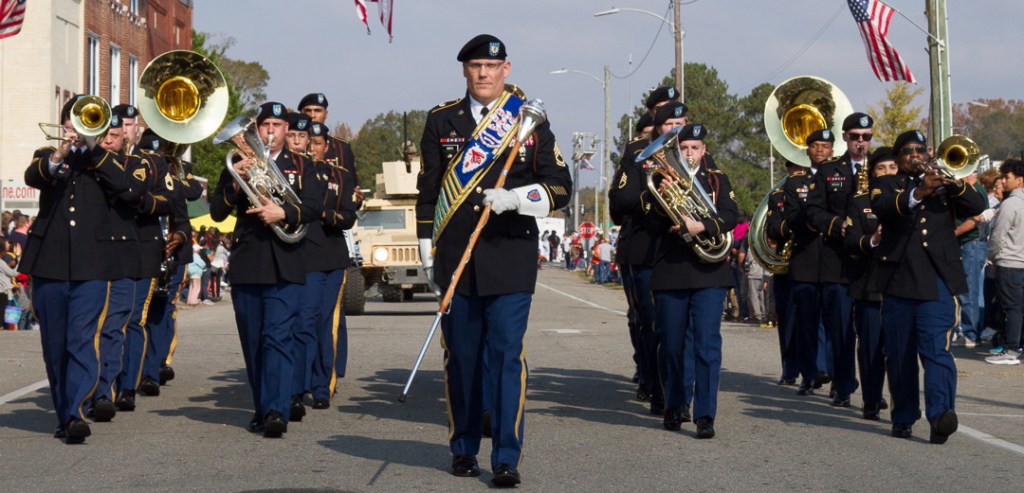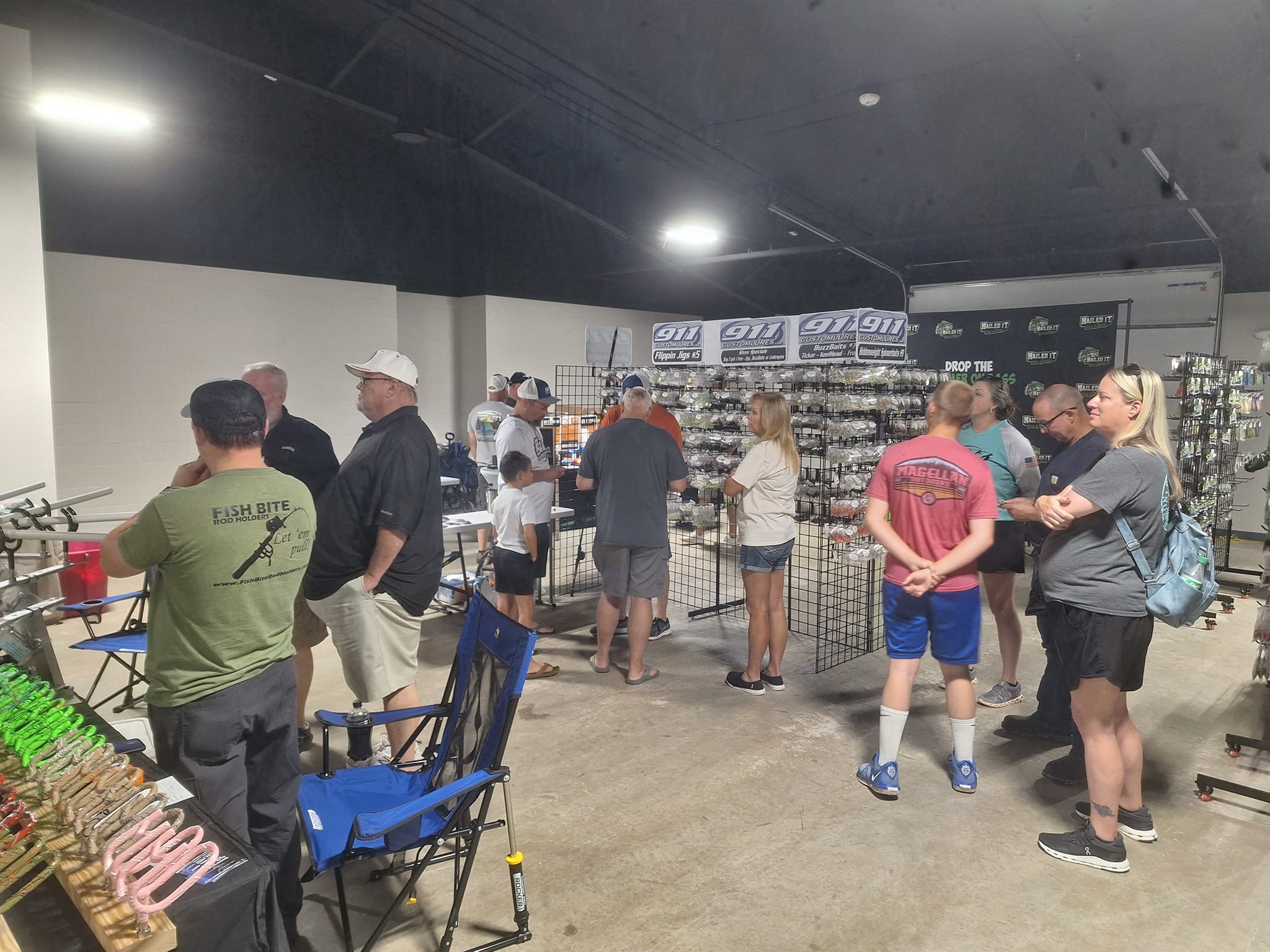440th Army Band to perform Veterans Day tribute
Published 10:15 am Tuesday, October 29, 2019

- The 440th Army Band performs in the Warsaw Veterans Day Parade Nov. 4, 2017. It will perform in Albemarle Sunday. (Picture provided by Megan Williams)
Stanly County citizens will be treated to a performance in honor of Veterans Day by a band tracing its roots back more than 100 years.
The 440th Army Band will play a free concert at the Stanly County Agri-Civic Center at 3 p.m. Sunday.
The band, which is comprised of 37 citizens in the N.C. National Guard, has served as the state’s National Guard Band under various designations since the early 1900s.
Trending
The band landed on the beach at Normandy and fought in the Battle of the Bulge during World War II for which the band carries honors awarded by France and Belgium, according to its website.
Since 9/11, the 440th Army Band has performed for more than 500 deploying or returning North Carolina National Guard troops.
Though other military bands have performed in Stanly, this will be the first time the 440th Army Band has performed here.
Each year it performs for Veterans Day and Memorial Day as well as four to five concerts each month throughout the state.
“We bridge the gap between the military and the American public,” band commander Megan Williams said.
The 440th Army Band has a state partnership program with other countries, she said, including Botswana in Southern Africa and Moldova in Eastern Europe.
Trending
In July, the band visited Botswana for two weeks, teaching classes and playing concerts in conjunction with the country’s band.
The Stanly County Concert Association and the Albemarle Rotary Club are co-sponsoring the performance.
“We are so excited to have them and we at SCCA are honored and privileged to partner with Rotary in doing this project,” SCCA President Charlotte Maness said.
She added that veterans who attend are encouraged to wear their military uniforms.
“We really just need to show our appreciation” to the veterans, said Rotary President Robert Stonestreet, who retired from the U.S. Air Force in 2014 after 44 years of service.
He said the event is also a way to show the Stanly veterans, especially those who served during World War II —known as “the Greatest Generation” — that they are not forgotten.







